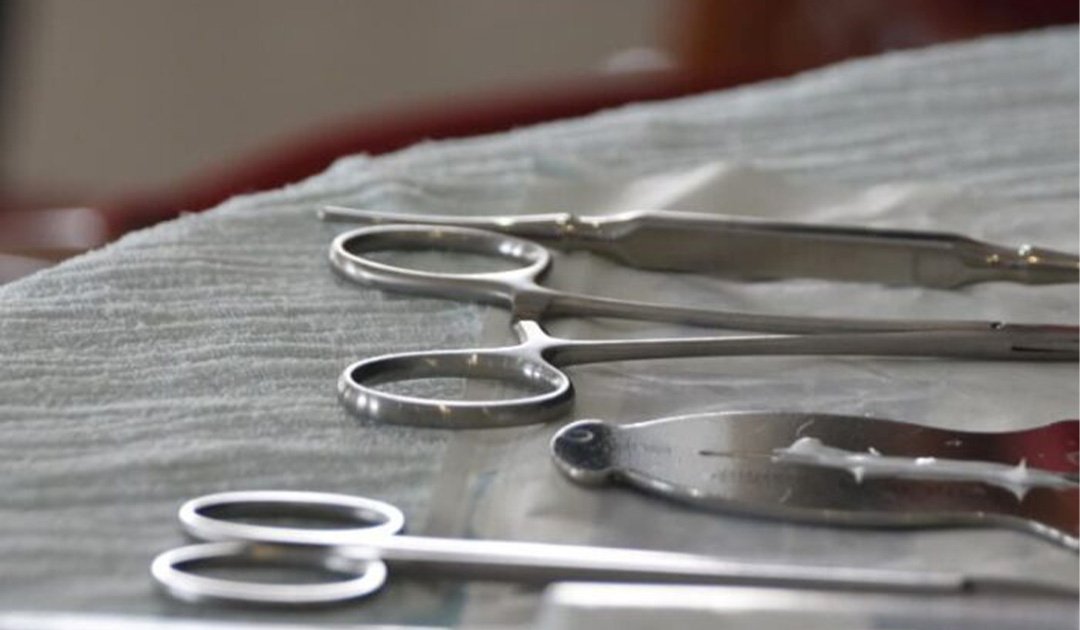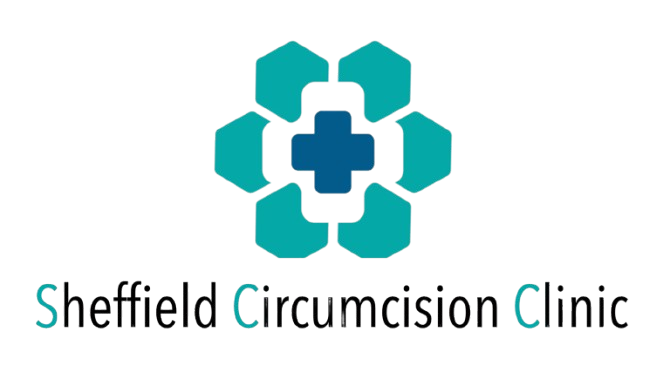As a parent, you want the best for your baby, and when it comes to newborn circumcision, understanding the procedure and its benefits is essential. Circumcision is one of the most common procedures performed on newborn boys and can have lasting health benefits when done correctly.

What is Newborn Circumcision?
Circumcision is the surgical removal of the foreskin that covers the head of the penis. This procedure is typically done in newborns, and it’s performed for various medical, cultural, and personal reasons. The process is simple and quick, typically done in a sterile environment under local anesthesia to ensure the baby feels no pain during the procedure.
Why Do Parents Choose Circumcision for Their Newborns?
There are several reasons parents choose circumcision for their newborns:
- Health Benefits: Circumcision can reduce the risk of infections, including urinary tract infections (UTIs) and other medical conditions like phimosis or balanitis.
- Hygiene: Without a foreskin, it’s easier to maintain proper hygiene, which can help prevent infections.
- Cultural or Religious Reasons: Circumcision is a long-standing tradition in many cultures and religions around the world.
It’s important to consult with your doctor to discuss the benefits and risks of circumcision and determine what’s best for your child.
Part 2: Selecting the Best Newborn Circumcision Clinic – What You Need to Know
When you’ve decided to proceed with newborn circumcision, the next step is to find a reputable clinic to perform the procedure. Choosing a qualified and trusted clinic is key to ensuring the safety and well-being of your baby.
Key Factors to Consider When Choosing a Clinic
- Professional Medical Staff: Ensure the clinic has experienced pediatricians or doctors who specialize in newborn circumcision.
- Accreditation and Regulations: Choose a clinic that is registered with health authorities like the Care Quality Commission (CQC) for the highest medical standards.
- Comfortable Environment: The clinic should have a child-friendly environment, making sure both the parents and newborn feel comfortable and at ease.
- Aftercare Services: A reliable clinic will provide 24/7 aftercare, offering guidance and reassurance throughout the healing process.
What Happens During the Procedure?
At a trusted circumcision clinic, the procedure is quick and usually lasts just a few minutes. The baby will be given a local anesthetic to ensure they feel no pain, and the circumcision itself is done under sterile conditions. The procedure is generally very safe, with minimal complications.
Aftercare and Healing Process
The clinic should provide aftercare instructions and be available for follow-up if any issues arise. Most newborns heal quickly, with the procedure area usually requiring only basic care and observation. Proper aftercare can prevent infections and ensure smooth healing.
Conclusion
Choosing circumcision for your newborn is a significant decision, and finding a trusted clinic is essential for both the procedure’s safety and your peace of mind. With the right clinic, you can ensure that your baby receives the best possible care before, during, and after the circumcision.



